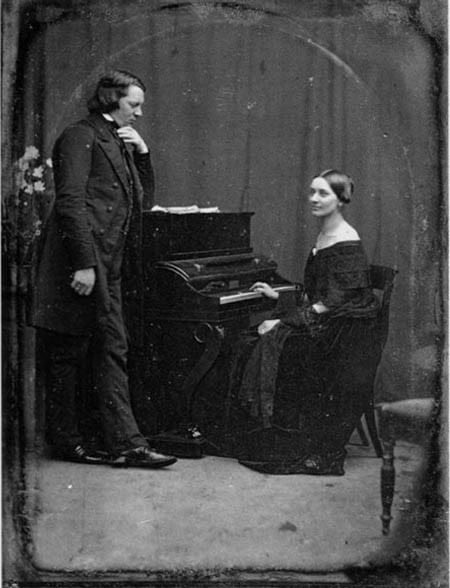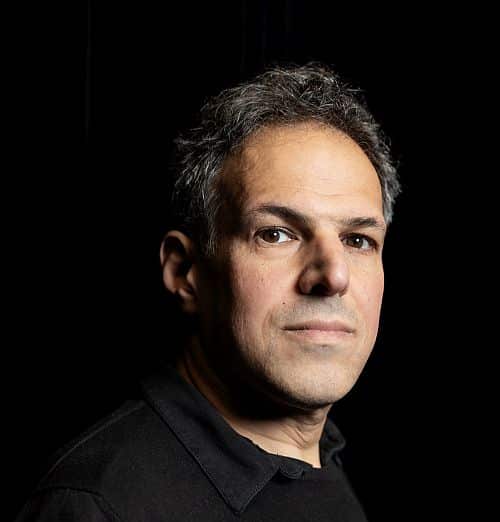That Clara Schumann concerto – any good?
Album Of The WeekFrom the Lebrecht Album of the Week:
In the early days of long-playing records. a man in a suit at EMI realised that the Grieg and Schumann concertos were half an hour long, in the same key of A minor and would fit on either side of a plate of shellac without requiring fillers. The logic was that Grieg’s splashy audience appeal would offset Schumann’s morose introspection and listeners could flip the record according to mood. Be that as it may, from that day on, the two concertos were as inseparable on record as Cav and Pag were on the opera stage.
This release differs in a significant respect. The Schumann concerto here, also in A minor, is by Clara…
Read on here.
And here.
En francais ici.
In The Critic here.






Comments